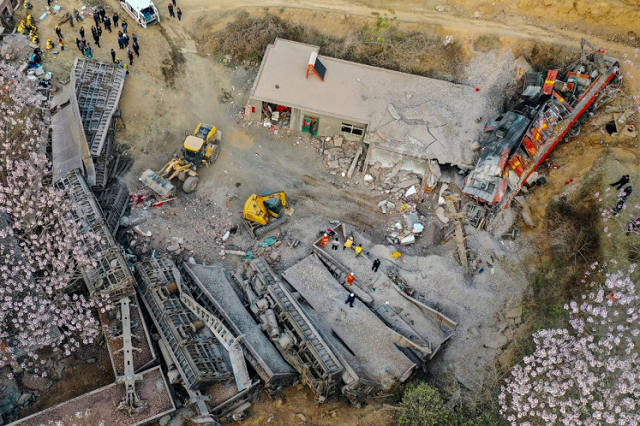Government allows aluminium scrap import for industrial use
Company getting nod will produce aluminium ingots at its processing plant

PHOTO: AFP
Karachi-based Atlas Aluminium had approached the Commerce Division, seeking permission for import of non-hazardous aluminium scrap as raw material as it had established a state-of-the-art Greenfield plant for manufacturing aluminium ingots through efficient and environment-friendly processing.
The Commerce Division informed the Economic Coordination Committee (ECC) last month that the import of scrap slag, ash and residues containing metals, arsenic or their compounds containing mainly aluminium had been banned on account of being hazardous waste as defined and classified in the Basel Convention.
Govt sanctions Rs270b for circular debt
Aluminium is used in numerous industries that manufacture cans, foils, kitchen utensils, window frames, auto parts, etc. On the one hand, the import of hazardous waste and scrap should be disallowed to protect the environment while on the other hand the import of non-hazardous waste and scrap is important for competitiveness of the value-added industry by pursuing the availability of cheaper raw material.
The request of Atlas Aluminium was forwarded to the Ministry of Climate Change, which is the focal ministry responsible for implementation of the Basel Convention that controls trans-boundary movement of hazardous waste and its disposal. The Ministry of Climate Change pointed out that aluminium scrap fell in category B of the Basel Convention, which is not under the control category.
The Commerce Division proposed that scrap slag, ash and residues containing metals, arsenic or their compounds mainly aluminium may be moved from Appendix-A (banned items) to Appendix-B (restricted items) of the Import Policy Order 2016. However, in order to forestall chances of hazardous waste import, it may be subject to some conditions.
The Commerce Division proposed that it should be imported only by the industrial consumer having recycling facilities, subject to acquisition of a no-objection certificate from the Ministry of Climate Change and certified by the provincial Environment Protection Agency (federal EPA in case of Islamabad Capital Territory).
There should be a provision for obtaining a pre-shipment inspection certificate and consent from the country of export to the effect that the waste and scrap is not hazardous as defined in the Basel Convention, it said. Import consignments of registered recycling plants should be cleared from the seaport only, it suggested.
Published in The Express Tribune, August 6th, 2019.
Like Business on Facebook, follow @TribuneBiz on Twitter to stay informed and join in the conversation.



















COMMENTS
Comments are moderated and generally will be posted if they are on-topic and not abusive.
For more information, please see our Comments FAQ